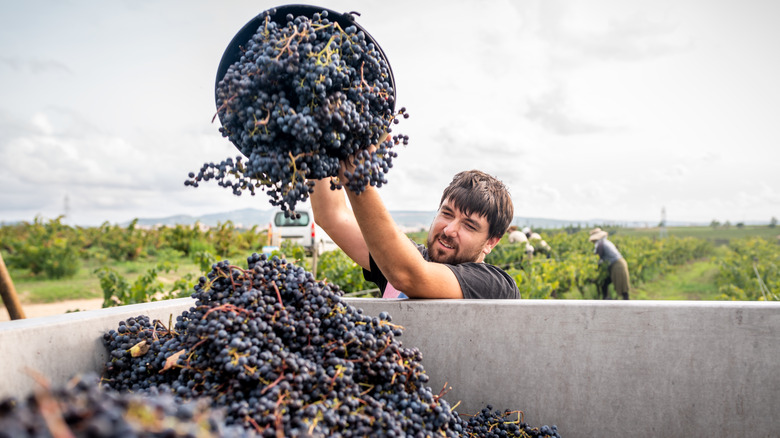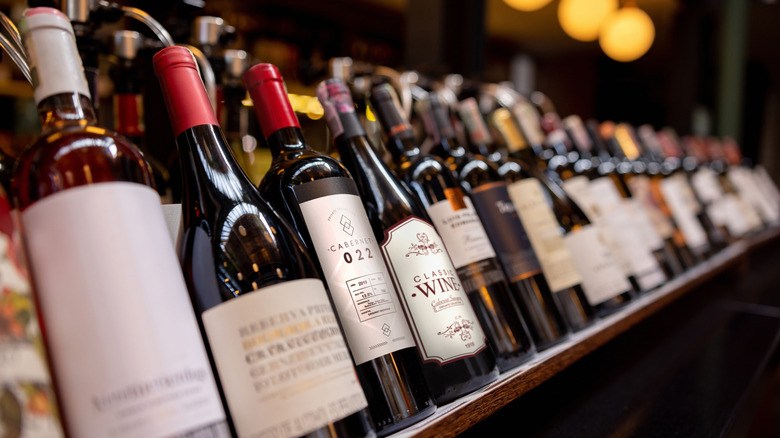From staring down the shelves of wines in a shop to perusing the wine list in a restaurant, choosing a wine can be intimidating and confusing. Learning these essential wine terms can help you start to feel more confident. While knowing the grapes and styles of wine you like is challenging enough for beginners, there’s one more word you should be aware of: Estate. This seemingly simple descriptor can be used in a number of ways to convey different things about a bottle of wine — but only one phrase is legally defined.
In the world of wine, an estate can indicate the winery itself or grapes grown by one — or more — other vineyards. That’s why the slight difference between “estate grown” and “estate bottled” matters. When the wine is listed as estate-grown, the words have no significant or legal meaning; but more than likely, the winery had little to no say or oversight in how the grapes were farmed. How the grapes are grown can greatly impact the notes and characteristics of wines too.
Why estate bottled is the phrase to look for

Estate bottled wines, however, describe a more thorough wine-making process because the winery is involved in everything from growing and farming the grapes to processing and fermenting the wine. The Alcohol and Tobacco Tax and Trade Bureau (TTB) designates that the winery is legally bound to be involved in the farming of the grapes if this phrase is used on a label. More specifically, the grapes must be farmed within a given viticultural area, similar to an appellation designation used in Europe.
The reason this is the phrase to look for to ensure the wine is worth the price is that there is a greater level of care and dedication to producing the wine when it is “estate bottled.” Similarly, the area in which the grapes were grown indicates a specific region and climate which also affects the resulting wine. This way, you can be sure you’re getting the characteristics you expect from a specific winery’s location instead of grapes that could have been grown in varying climates. Should you decide to visit a winery yourself to better understand this dynamic, keep some of our best tips in mind. And before making your trip, get a acquainted with at least some of these classic wines for beginners.







